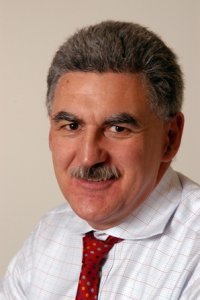Maxillofacial surgery is an area of dentistry that specialises in problems around the mouth, jaw and neck as opposed to the actual teeth.
Because it is more “surgery” based, maxillofacial Doctors usually attend dental school and then in addition are placed in a residency, taking on several more years of training before being allowed to practice. Many maxillofacial surgeons are trained in reconstructive surgery, such is the sophistication of the procedure.
Maxillofacial surgery is usually the last resort for a patient. If a case is too complicated to correct using orthodontics alone, then surgery is required. A maxillofacial surgeon may be needed for such procedures such as the removal of impacted wisdom teeth, corrective jaw surgery or to perform serious root canals. If a patient has been involved in an accident, or has been the victim of an assault, then maxillofacial surgery maybe need to treat severe injuries. Limiting nerve damage also plays a huge part in the surgeons overall objective, and the faster a patient is treated, the more likely a full recovery will be made.
The removal of growths and cysts is also a domain of maxillofacial surgery. We may take a biopsy, and send a tissue sample to a pathologist. If the patient is unlucky enough to be diagnosed with a tumour, then the maxillofacial surgeon will work closely with an oncologist, and hopefully remove the growth with minimum impact.
Maxillofacial surgery can be life-changing for people who have suffered their entire life with disfigurement or birth deformities. Cleft palates, or harelips, can be fixed through maxillofacial surgery, and the impact can be enormous. Facial abnormalities, more so than other parts of the body, can be socially awkward or embarrassing. Corrective surgery with maxillofacial surgery can restore a patients confidence and bring a new lease of life to that person.
